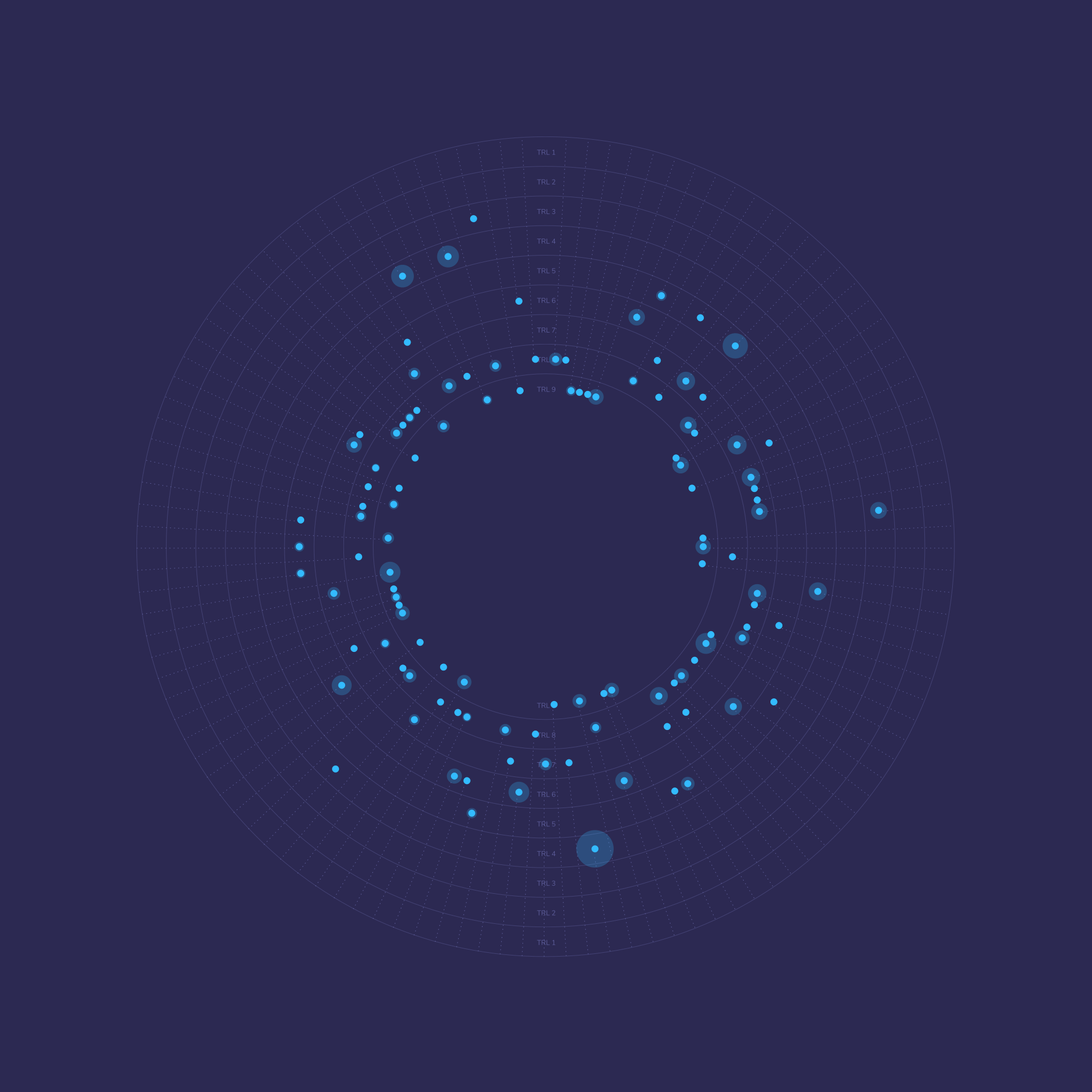Social Development: Amplifying The Mesh of The Common
adimas @ stock.adobe.com
Socially sustainable communities are equitable, diverse, connected, and democratic. Social sustainability is dependent on the relationship between society and nature, as well as how deeply humans are embedded in a given environment.
The future of sustainability depends on thinking and acting differently at every level of society in order to learn to live with and influence change. For most, sustainable living remains an aspiration instead of a permanent lifestyle commitment; improving education can change this. Most people are confused by the concept of commitment when related to politics and often the difficulty lies, not in the new ideas, but in escaping from the old ones. Thus, without first changing one’s mindset and making a permanent commitment, new business models and new technologies will continue to be irrelevant.
At the same time, companies are increasingly expected to have a positive impact on communities, behave in an ethical manner, and respect human rights. Young adults are mobilizing and leveraging their social networks and digital platforms to add their voices to the sustainability debate.
Digital Divide & Enlightenment
Substantial differences in economic development, literacy, lack of good educational opportunities, and lacking access to technologies are all factors contributing to the widening of the digital divide. Combined with the digitalization of education and social services, this divide could end up further exacerbating inequality.
Education is an essential element of the global response to climate change and educational attainment is the strongest predictor of climate change awareness. Education helps citizens understand and address the impact of global warming and adapt to climate change-related trends while encouraging behavioral changes. Making the general population aware is the crucial first step towards surviving climate change and/or political disturbances and education plays an essential role in spreading awareness.
Until recently, education systems have mostly prepared students to perform certain social functions in a relatively predictable world; however, the world is changing at an ever-accelerating pace and we can no longer expect the same values and skills to remain relevant throughout an individual’s lifetime. Education systems are notoriously slow to adapt to change and with increasing access to massive amounts of information, students need to learn to proactively and critically search for, filter and digest this information. In an age where autonomy is increasingly in the hands of the individual, the future of learning needs to be more personalized and curiosity-led and should focus on promoting individual strengths, creative problem-solving skills, critical thinking and empathy towards the natural world. Yet, a clear challenge for tech-powered personalized learning is the need for reliable high-speed internet connectivity and a computer, neither of which are a given - particularly in regions suffering from violence, conflict, and instability.
Data, Privacy, Health & Care
Solely guaranteeing access to information is not enough though. Social media, collaboration, campaigning, and crowdfunding platforms are some of the diverse tools that can be used by groups ranging from environmental activists to white supremacist hate groups. With algorithms increasingly making automated decisions regarding a broad variety of issues, a growing number of voices are arguing that the design of these tools is not value-agnostic and can contain bias that can exacerbate existing inequalities. Examples include predictive policing systems that have been caught in runaway feedback loops of discrimination or hiring tests that end up excluding applicants from low-income neighborhoods. In order to minimize potential negative effects, a serious solution to algorithmic bias needs to be established in both legal and technical terms, otherwise, an unchecked market with access to increasingly powerful predictive tools can gradually and imperceptibly worsen social inequality.
Maintaining a healthy balance between privacy and technological innovation for surveillance is challenging policy solutions, at best to limit user protections for the sake of national competitiveness and at worst, to accelerate the race to unlock user data for exploitation. Deeply personal information can now be inferred with surprising accuracy by AI systems that deal with Facial Recognition. Decentralized encrypted networks could become paramount to counterbalance the increase in governmental surveillance capabilities and laws should not prohibit the implementation of anonymous forms of communication even if they can be used for illegal activity.
New forms of protecting personal information through technologies like a Data Enclave, need to be implemented and enforced, especially in the healthcare sector as it becomes more data-driven and hospitals more decentralized. Additionally, blockchain solutions could allow individuals to take ownership and responsibility for their data through Blockchain Certificate, for example. The increasing availability of data could become an asset for Automated Diagnosis Softwares to cut down on long-term healthcare costs by focusing resources on disease prevention, avoiding the higher cost of future, more expensive treatments. Furthermore, by breaking down the time and space paradigms between patients and doctors, access to hospitals and specialized treatment in poorer areas could be significantly improved.
Sustainable Human Development can be considered development that promotes the capabilities of present-day people without compromising the capabilities of future generations. According to the United Nations development goals, this includes achieving gender equality, ensuring healthy lives, promoting well-being, ensuring inclusive and quality education for all, among others.
